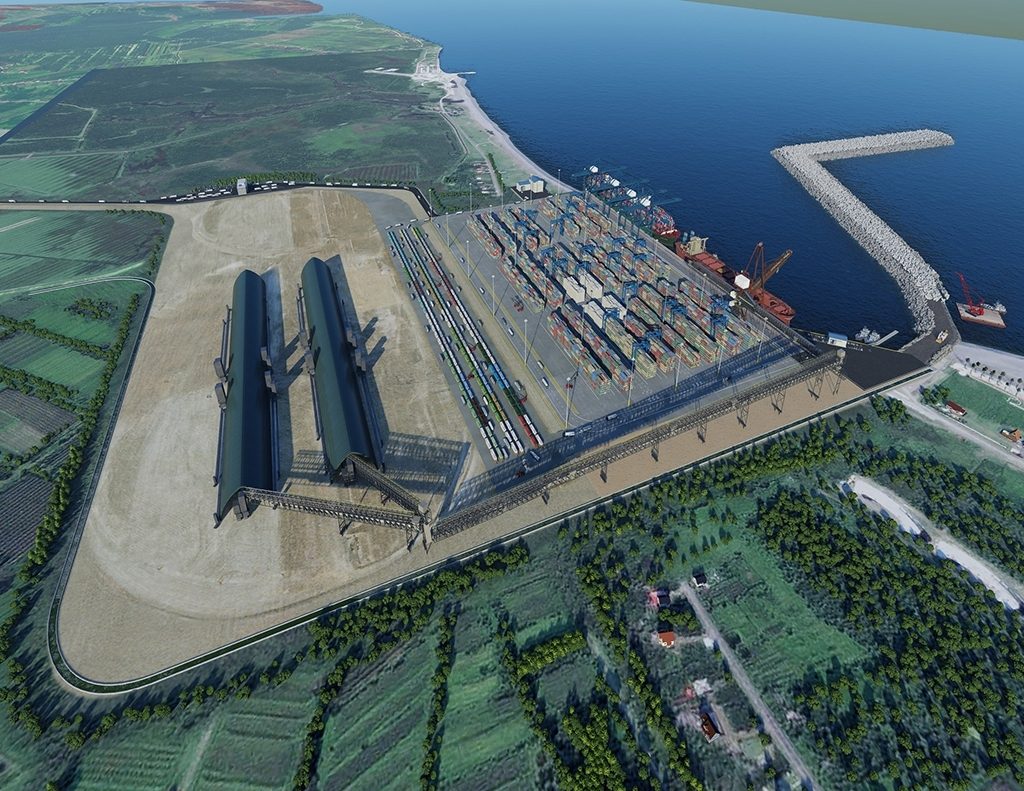The Effects of Georgia’s Cancellation of the Anaklia Deep-Water Port Contract
Recent Articles
Author: Dante Schulz
01/23/2020
A contract to develop Georgia’s first deep-water port on the Black Sea was cancelled after a series of controversies and accusations between the Georgian government and the contractors. The chairman of the ruling Georgian Dream Party, Bidzina Ivanishvili, claims that the Anaklia Development Consortium did not satisfy the minimum threshold of $120 million from potential investors and $400 million from international financial institutions by the end of 2019, set by the state tender, thus justifying the government’s decision to pull the contract. However, the founder of the consortium leading the project, Mamuka Khazaradze has countered these accusations, claiming the contract was cancelled due to personal problems between him and Ivanishvili. Khazaradze has established his own political group, Lelo, and is calling on Georgians to support him in the 2020 parliamentary election.
Georgia’s government has brought a series of charges, including fraud and money laundering, against Kharazardze and his partners. Khazaradze, however, has countered that the government was attempting to sabotage the progress his company had made in building the project. Khazaradze argues that the government’s decision to pull the contract results from his political decision to campaign against Ivanishvili and his Dream Party.

A model of the proposed Anaklia Deep-Water Port on Georgia’s Black Sea coast. Courtesy of Eurasianet.
The government’s decision to cancel the Anaklia deep-water port could have damaging economic and political effects. Government critics in Georgia have voiced their opposition to the decision, attributing the cancellation of the contract to the toxic power dynamics of the country. They argue as well that cancelling the contract could negatively affect Georgia’s economic growth. In addition, U.S. and EU diplomats have previously emphasized their support for the construction of such a port as a needed alternative to Russia. Georgia’s existing ports do not have the capacity to receive larger container ships, which limits their usefulness in terms of trade in the growing Belt and Road Initiative. Construction of the Anaklia deep-water port would have allowed West-bound cargoes originating in Asia – and European exports to Central and East Asia – to circumvent Russia’s Novorossiysk deep-sea port, thereby providing Europeans with a needed additional option in transporting goods between the two continents. Although the Dream Party has expressed its continued commitment to building a Georgian deep-water port, it will now likely prove much harder to find a willing contractor to take on the project, especially since the legal battles between Khazaradze and the Georgian government have yet to be settled.
Georgia is strategically located in the Southern Caucasus, with a long coastline along the Black Sea, just a skip away from EU members Romania and Bulgaria, and which has already built important strategic energy pipelines and other infrastructure connecting the West with the Caspian, Central Asia, and beyond. The Anaklia deep-water port would have been an asset in developing the Georgian economy. The completed project would have further linked the country to other economies via China’s Belt and Road Initiative, opening up opportunities for increased trade and fostering other economic activities.